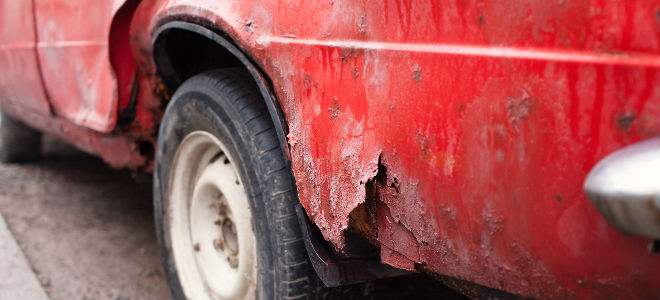It is a known fact that the sodium chloride solution strewn across roads to melt the ice leads to vehicle rusting. However, people often wonder how this happens so that they can know better and take enhanced measures for car rust prevention. Read on to find out more about this and learn about parts of the car that are most affected by saltwater, so that you know exactly how to thwart corrosion.
How Salty Water from the Road Encourages Corrosion
When a salty solution comes up against parts of the automobile, it tends to get ensnared in parts of the metal and crevices. This stores saltwater tend tends to speed up the tempo of deterioration as it does not turn to ice. Moreover, calcium chloride has a great capacity for attracting and capturing humidity from the atmosphere.
This means that it continues to spawn rust even when the weather changes once it gets collected in parts of the car. No matter the winter or summer, your car then continues to fester and rust further.
Parts of the Car Vulnerable to Rust and How to Thwart it
Certain areas of the vehicle are more susceptible and require thorough car rust proofing like the brake line and the electrical connections. Also, the fuel pipe, as well as the cooling and power steering hose, tend to corrode, effectively reducing the life span of your car.
It is crucial that rust proofing be undertaken in time to ensure that these parts are never corroded for they are exceedingly expensive to replace.

